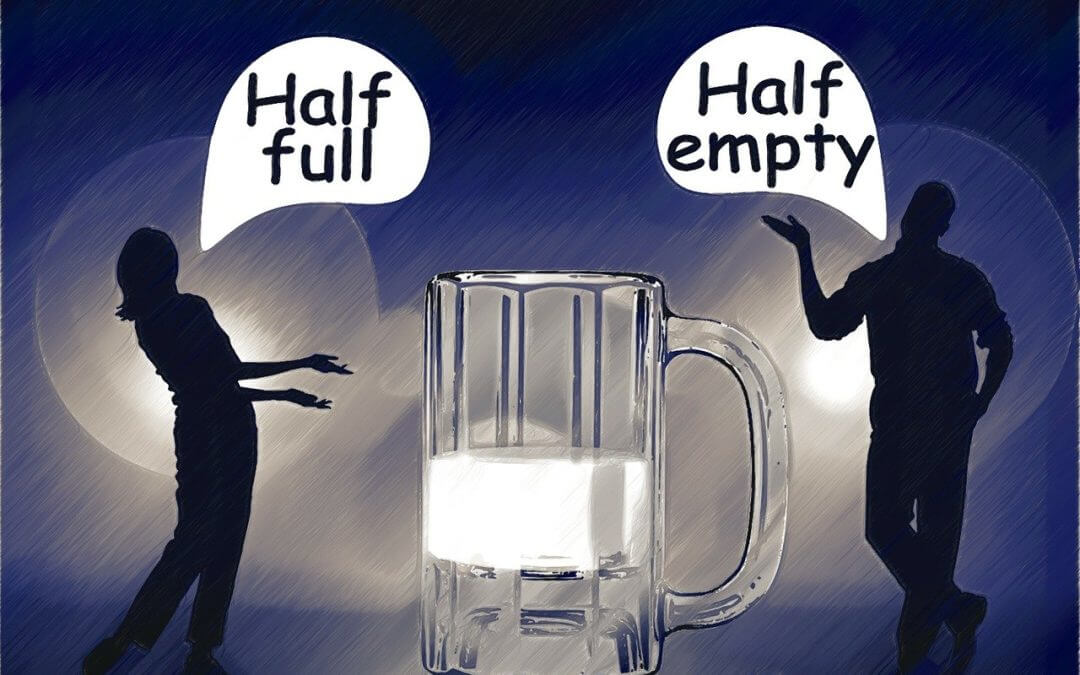
by Nancy Watson | Observations on Conflict, Personal Peace Pathways
Conflict is a natural part of human relationships, and it’s not uncommon to encounter disagreements with others occasionally. Conflicts can often be resolved through open communication, active listening, and a willingness to find common ground. However, there are instances when conflicts become more complex and challenging to handle on our own. Recognizing when you need help to resolve a conflict is crucial to finding a positive and constructive resolution.
Clues That You Might Need Help
- Prolonged or Escalating Conflict: If a conflict persists over an extended period or shows signs of escalation, it may indicate that deeper issues are at play. When disagreements become increasingly heated or repetitive, seeking outside assistance can be beneficial. A neutral third party, such as a mediator, can provide a fresh perspective and facilitate a more constructive dialogue.
- Communication Breakdown: Effective communication is fundamental to resolving conflicts. If you find that conversations with the other person have become unproductive, characterized by misunderstandings, or are constantly leading to arguments, seeking help might be necessary. A skilled mediator can help bridge communication gaps and create a safe environment for open and respectful discussions.
- Lack of Progress in Finding Solutions: Despite sincere efforts, some conflicts may reach an impasse where both parties cannot find a resolution. When the usual strategies for resolving disputes no longer yield progress, seeking professional help can offer fresh ideas and alternative approaches to find a way forward.
- Power Imbalance: In some situations, there might be a power imbalance between the parties involved, such as in a workplace or family setting. If you feel that your voice is not being heard or your needs are being overlooked due to this power dynamic, seeking assistance from a neutral mediator can help level the playing field and ensure a fair resolution.
- When the Stakes are High: Certain conflicts carry significant consequences, such as legal disputes, complex business disagreements, or family issues involving essential decisions. In such high-stakes situations, seeking the expertise of professionals, such as lawyers or professional mediators, becomes crucial to ensuring a fair and legally binding resolution.
Conclusion
Recognizing when you need help to resolve a conflict is essential to achieving a positive and lasting resolution. Seeking assistance from mediators, counsellors, or other professionals does not imply weakness but instead reflects a commitment to finding the best possible outcome for all parties involved. Knowing when to seek help can lead to a more constructive and transformative conflict resolution process, fostering stronger relationships and personal growth.

by Nancy Watson | Observations on Conflict
Conflict is an inevitable part of our human interactions, but what if we could transform conflict into an opportunity for growth and understanding? Conflict transformation requires a willingness to engage in open dialogue, active listening and a genuine desire to understand all parties’ underlying needs and motivations. It encourages us to go beyond surface-level solutions and address the root causes of conflict.
This transformative process often involves challenging our assumptions, biases and preconceived notions. By recognizing the humanity in others and working together to find shared goals, we can build bridges and foster a culture of understanding, respect and lasting peace.

by Nancy Watson | Observations on Conflict, Professional Peace Pathways
Quiet Quitting is just the latest shiny object.
We have talked about Quiet Quitting in our organizations and the media for months. There has been much speculation as to its exact nature and underlying causes. Some say it is an evolutionary change in how we conduct our economy as profound as when Henry Ford introduced the moving assembly line. Others believe it is a combination of factors such as changing demographics in the workforce or societal changes before Covid, which intensified over the 2+ years of the pandemic. Regardless, expectations of today’s workforce have altered such that the hybrid workplace and forced return to a physical location have created an environment that is neither motivating nor appealing to a large percentage of the world’s workforce.
Gallup’s 2022 World Work Report
Gallup’s report found that 61% of the world’s workforce quit quietly, while another 23% quit employers. In North America, which provided the highest responses, the percentage has dropped since 2022, as there has been a significant decline in job opportunities over the past year. For financial security and other reasons, workers stay put and provide the minimum effort necessary to remain employed. Surprisingly, aside from security concerns, 41% of the workers attributed their dissatisfaction with their employer not to pay and benefits or the actual job they performed but instead to the workplace environment – citing its toxicity and archaic and over-burdensome management practices and culture as the primary reason for their discontent. Also surprising is this Quiet Quitting mentality is not relegated to the mainstream workforce but includes all levels of management up to and including the C-Suite folks.
Other Perspectives
Perhaps it is time to go back to look at the work of people like Drs. Amy C. Edmonson (The Fearless Organization: Creating psychological safety in the workplace for learning, innovation, and growth) or Duena Blomstrom (People Before Tech: The Importance of psychological safety and teamwork in the digital age). Their carefully considered analysis and solutions to improve the workplace environment may be what the doctor ordered!


